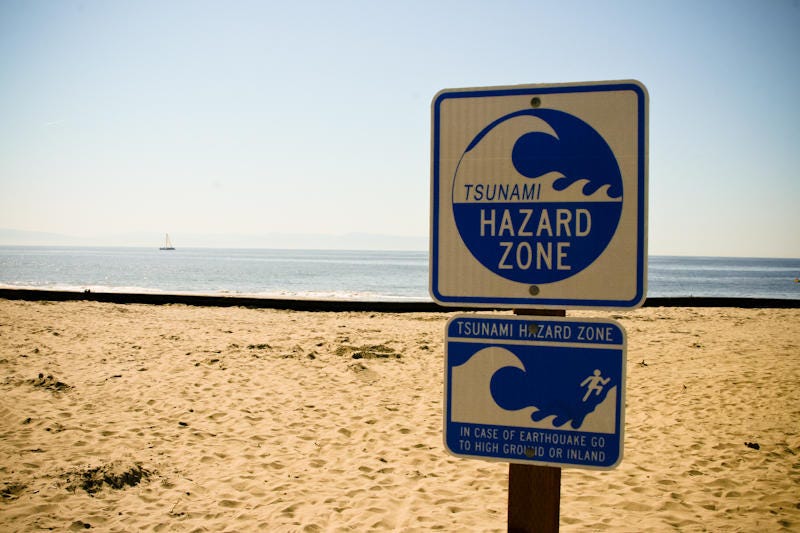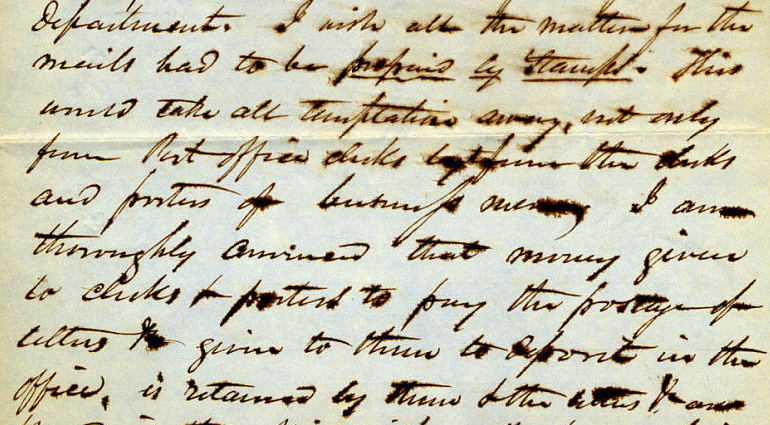We're not ready
+ Some advice on reading more of what you'd like to read (#407)
One of the most common feedbacks I get is something along the lines of: How am I supposed to read all of this? While the most obvious answer for most people is to spend less time on social media, I thought I'd share a bit of advice that makes all the difference for myself (I'll break my unhealthy TikTok habit later).
The biggest game changer to reading more articles is using a read later app. If you already have (a love/hate-relationship with) a read later app, you can probably skip this. For everyone else: Four good reasons for using a read later app, and my recommendations for which one to use.
🕰️ The moment you discover something interesting to read is often not when you actually have time to read it. And once you do have time you forgot what you wanted to read. Thus: Whenever you discover an interesting article, save it to your read later app and it's there, waiting for you. I usually read the first two paragraphs of an article before saving it. That gives me a good-enough idea whether it's something worth coming back to. Otherwise you end up saving a ton of articles you'll never read, making opening up your read later app a frustrating experience.
🎧 Most read later apps now come with the option to have articles be read to you. Those robot voices are not the most enjoyable to listen to, but they are certainly good enough when the alternative is not reading an article. Once you start paying attention there are so many 10-minute opportunities in your day when reading isn't an option, but listening is. Listening to just one article per day means you get through all Weekly Filet recommendations before the next ones hit your inbox.
📍Read later apps save your reading position within an article. Get interrupted or the article is just too long to read in one go? No problem, you pick up next time right where you left off.
🖍️ Most read later apps allow you to highlight text. Makes it much easier to remember key information or get back to it more quickly when you search for it. As a bonus, I sync text highlights (from my read later app, but also my Kindle) to a service called Readwise which keeps all my highlights in one place, browsable and searchable.
So, which apps do I recommend?
- Readwise Reader — The one I use. Made for powerusers, and currently not publicly available. If interested, definitely apply for early access.
- Instapaper — The OG of read later apps. Clean, simple, still a very good choice.
- Pocket — The most widely used one, available for all platforms. Safe bet for casual use, but don't expect any new features.
- Matter — Feature-rich, similar to Readwise, with frequent updates. It's both for reading later and discovering new articles, something I don't particularly like. You end up adding five new articles instead of reading one.
Now that we've cleared this up, are you ready for some fresh recommendations?
1. We’re not yet ready for what’s already happened
Sometimes, the best way to deal with overwhelming news is to re-read something old. A third of Pakistan flooded, 33 million people displaced; China experiencing a heat wave like we've never seen on this planet; Europe experiencing the worst drought in 500 years; a water crisis at the Horn of Africa putting the lives of 10 million children at risk; the list continues... In trying to grapple with all of this, I turned to Alex Steffen's essay on discontinuity. It's not going to make you feel better about all that's happening, but it puts it in context and gives you a framework of thinking about it. I found it helpful when I first read the article last year, I found it helpful again this week.

2. How Many Errorrs Are in This Essay?
A fascinating, fun history of mistakes, errors, and little typos with a big impact. Charmingly written as an ode to imperfections. Did you know that there's an edition of the Bible that commands adultery, and that the U.S. Constitution invalidates itself by means of a semicolon?

3. What Serena Williams Gave the World
Comparing athletes across sports, genders and decades, in search of the greatest ever, is always a bit futile — but there is no doubt that Serena Williams is right up there with the greatest. This profile does a great job of capturing the enormity of her achievements — on and off court.





